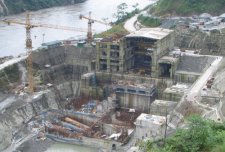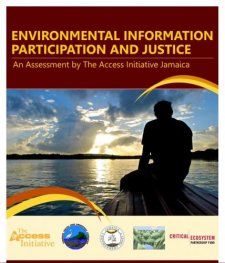By Preetadhar (Posted: April 9, 2015)
In a significant decision, the Central Information Commission (CIC) directed the Niti Aayog (previously known as the Planning Commission) to make available the report of the Technical Expert Committee on the 2000 MW Lower Subansiri hydroelectric project. The Niti Aayog had refused to provide the information to Rohit Choudhury of EIA Resource and Response Centre (ERC), New Delhi, on the ground that the report had not been finalized and accepted by the Government. Disposing off the appeal, the Information Commissioner Shri Sharat Sabharwal held that the report should be disclosed to enable an informed debate and civil society participation.
The 2000 MW Lower Subansiri hydroelectric project has seen sustained resistance from civil society groups. Responding to the issues raised regarding the dam safety and the downstream impact of the project, the Planning Commission (now Niti Aayog) had constituted a Technical Expert Committee (comprised of C.D. Thatte and M.S. Reddy) to undertake an assessment of the project. The report of the Committee, not released in the public domain, was requested under the Right to Information Act in 2012.
It was argued by the Niti Aayog that the Report should not be disclosed as it would “create confusion in the mind of the public” and that its disclosure “may fuel further agitation, thereby endangering the life of the local people”. Categorically rejecting the argument of Niti Aayog, Information Commissioner Shri Sharat Sabharwal observed that that revelation of expert comments would enable all the stakeholders to have informed participation at the stage of formulation of the policy itself and that “agitation is more likely to be fuelled by uninformed debate in the absence of authentic information”.
It was also argued by the respondent that since the project concerned generation of electricity for two States (Assam and Arunachal Pradesh), it involved the economic interests of the State, and therefore sought exemption from disclosure. Rejecting this ground as well, Shri Sabharwal held that “there is no ground to deny the report sought by the Appellant”, and that the report should be provided free of cost. This is an important decision of the CIC, capturing the true spirit of the RTI Act its objective of an informed and participative civil society. The judgment, uploaded on the website of ERC, can be accessed here .


